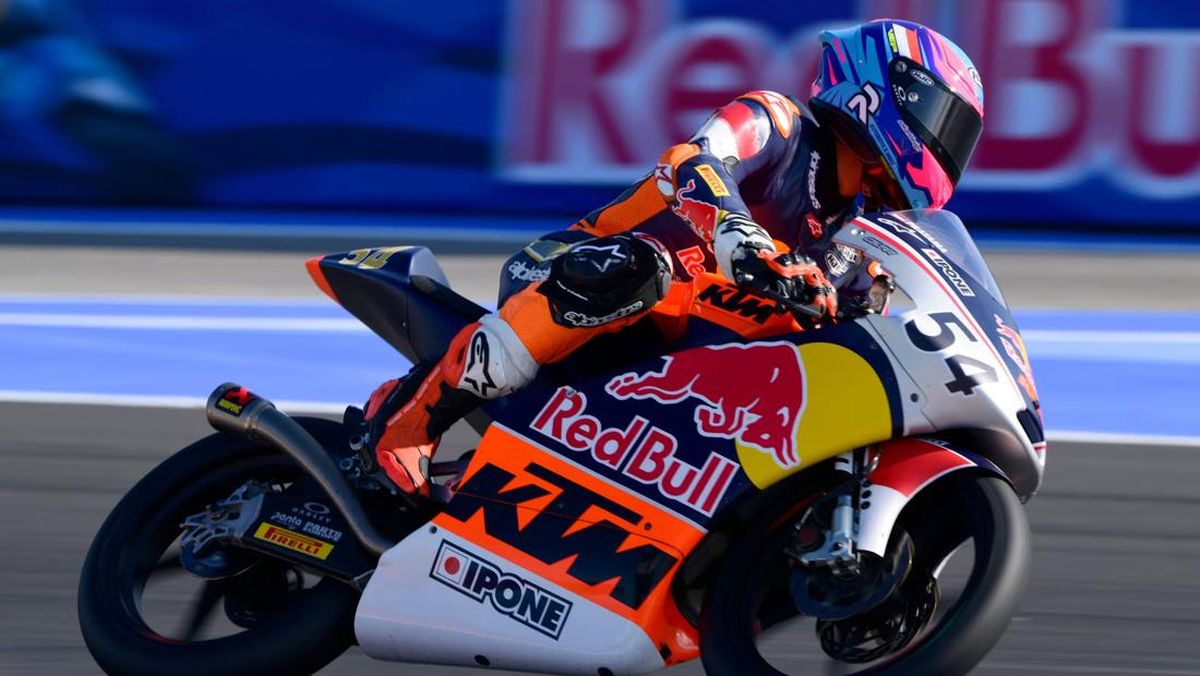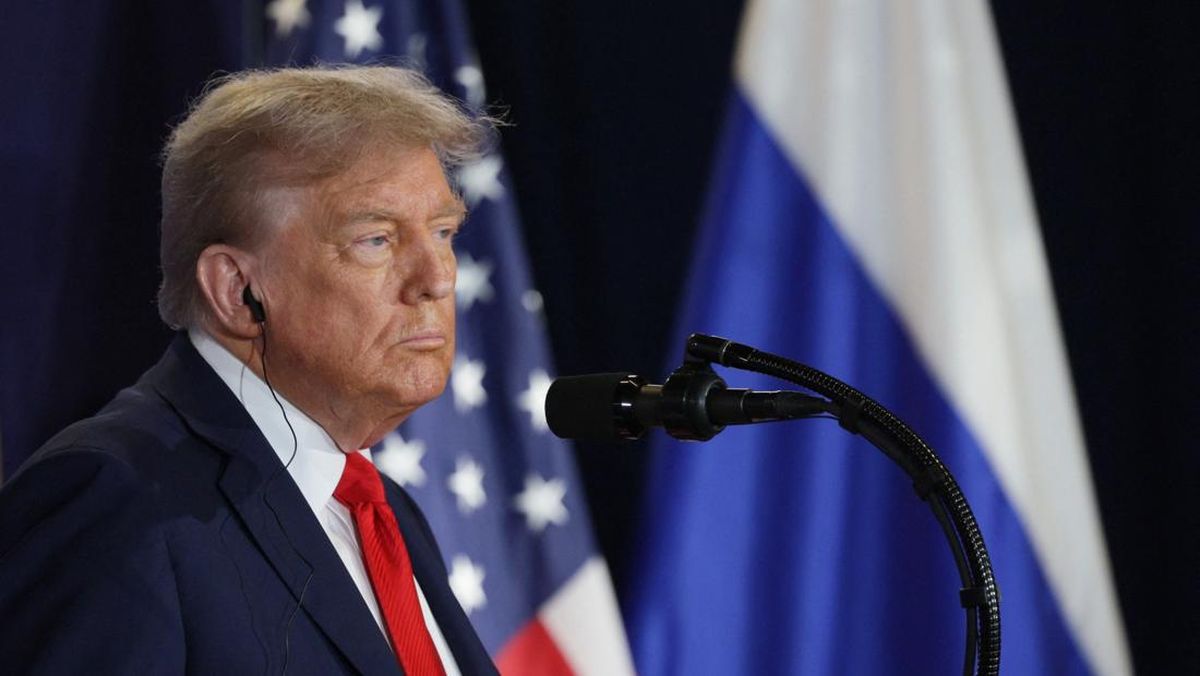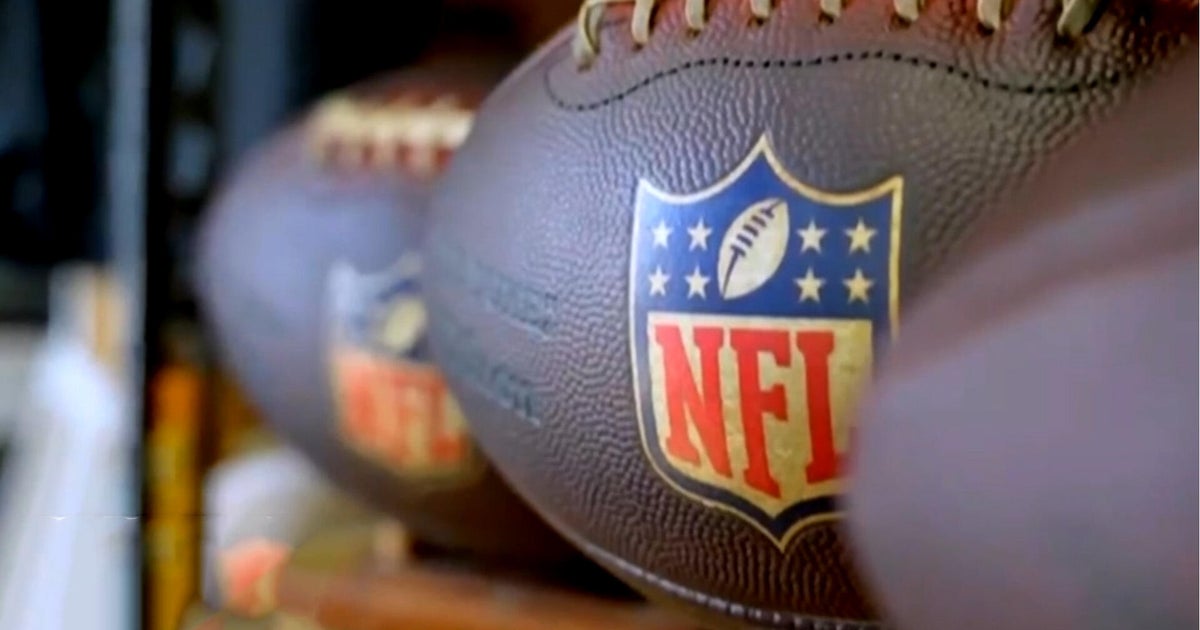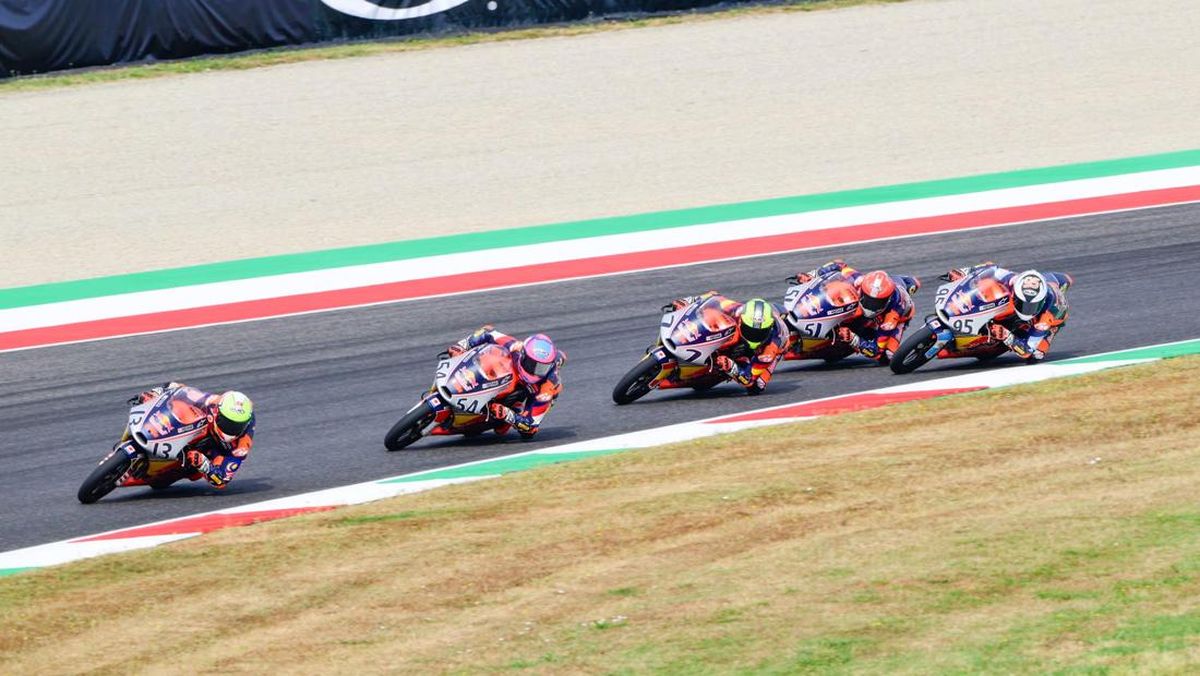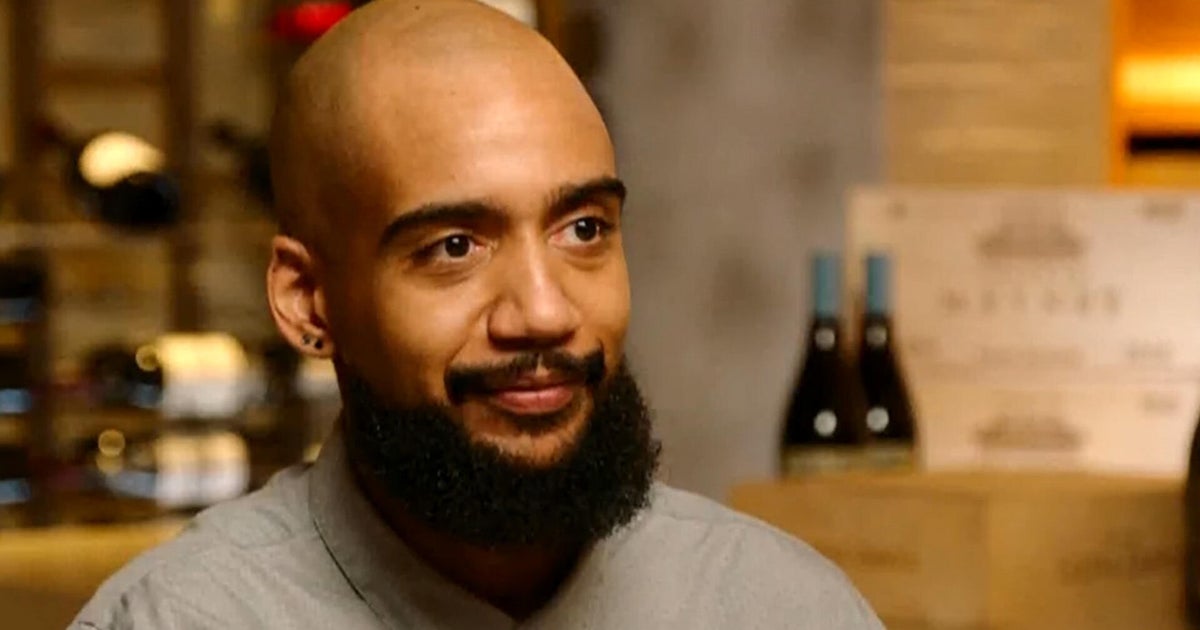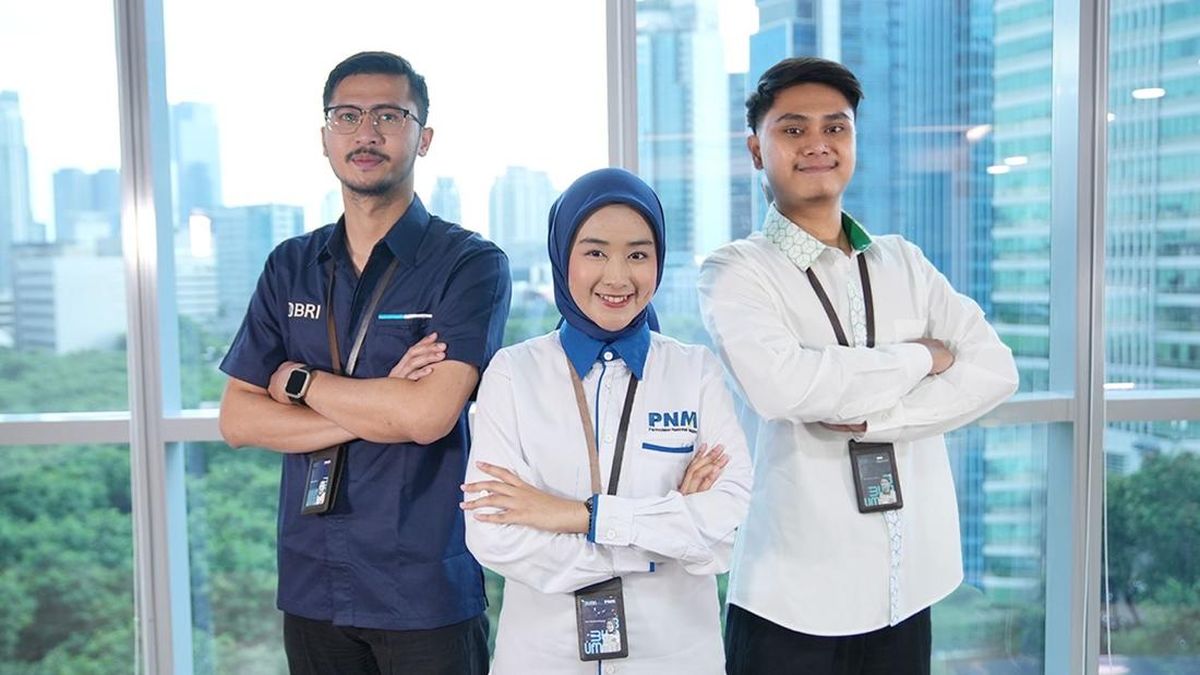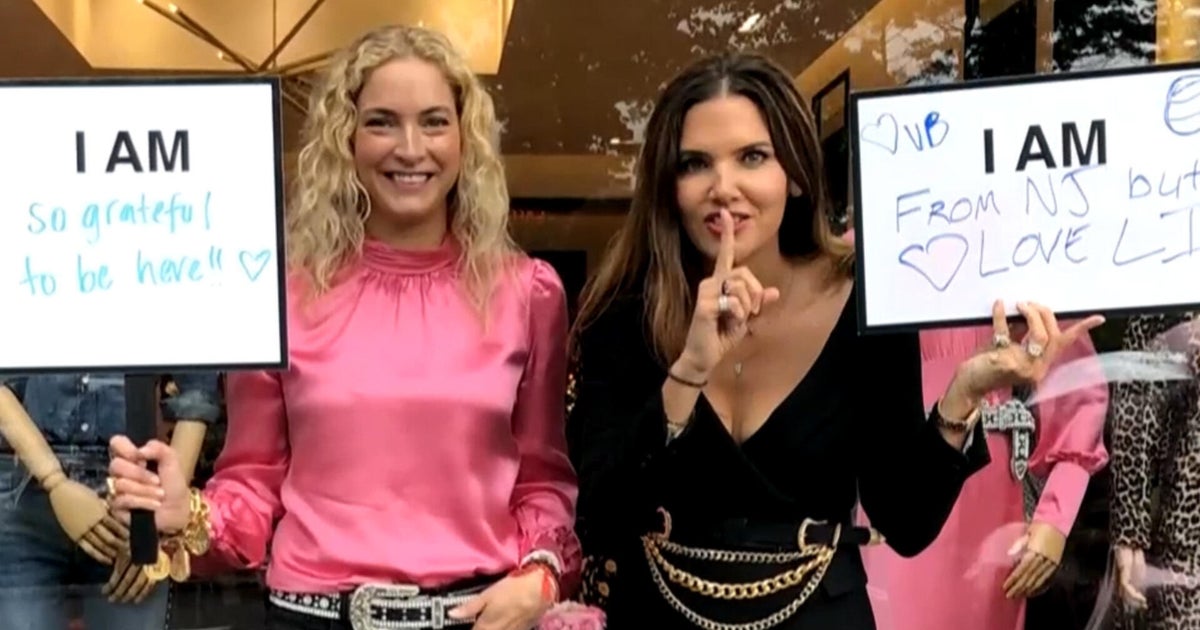For more than a dozen years, buzzy American studio A24 has been saying yes to some hugely audacious – crazy even – ideas for movies.
A newly dumped man has to find a new partner in 45 days or be turned into a lobster. That was then little-known Greek director Yorgos Lanthimos’ surreal art-house comedy, The Lobster, which he made before mainstream success with The Favourite and Poor Things.

Colin Farrell and Rachel Weisz in The Lobster.Credit: A24
A castaway on a deserted island discovers he can ride to safety on a farting corpse. That was Daniel Kwan and Daniel Scheinert’s offbeat Swiss Army Man on their way to dominating the Oscars with another equally outlandish film, Everything Everywhere All At Once.
The latter, of course, was a sci-fi comedy about a fraught Chinese American who discovers she is the only version of herself, in an infinite multiverse, who can defeat a shape-shifting villain, featuring bizarre scenes with hot dog hands, a bumbag fight and talking rocks.
Loading
They are among more than 170 films made or acquired for distribution by the New York studio. Founded in 2012 by Daniel Katz, David Fenkel and John Hodges – all in their 30s – A24 was named after the Italian motorway that Katz was travelling on when he decided to quit his finance job and become a boutique film mogul.
Over time, A24’s buzzworthy indie films have made it a cool brand for Millennial film-goers in particular. At their best, they are original, fresh, bold, strange, often dark and tense, sometimes surreal and with real heart. The studio’s TV division has also had hits with Euphoria and Beef.
Its highpoint was when Everything Everywhere All At Once, The Whale, Aftersun and the animated Marcel the Shell with Shoes On were all nominated at the 2023 Academy Awards – winning nine Oscars, outdoing Hollywood’s mainstream studios and heavyhitting streamers. Its now 21 Oscars have also been won by Moonlight, The Room, The Zone of Interest and, this year, The Brutalist.

Paul Dano and Daniel Radcliffe in Swiss Army Man. Credit: A24
Like every studio, it has had flops, most recently with the strange COVID-19-era Western Eddington. But A24 has been in the news lately for more positive reasons.
Dwayne Johnson and Emily Blunt have been tipped for Oscar nominations after The Smashing Machine, a sports biopic about a UFC fighter, triumphantly premiered at the Venice Film Festival; the studio’s English-dubbed version of animation Ne Zha 2 has found a (modest) new cinema audience for a Chinese blockbuster; and the teaser trailer for Marty Supreme, starring Timothee Chalamet with a 1950s moustache that should have its own agent, has film fans weirdly enthusiastic about a table tennis movie.
There has been more news, too: Little-known American director Mary Bronstein’s If I Had Legs I’d Kick You had a warm reception opening the Melbourne International Film Festival; Eva Victor’s Sorry Baby has made her an indie talent to watch; and Spike Lee’s Highest 2 Lowest has dropped on Apple TV+.
After a capital raising last year that valued it at $US3.5 billion ($5.3 billion), A24 is aiming for blockbusters with reported $US70 million budgets for both The Smashing Machine and Marty Supreme.
So what are they doing right? And what are the lessons for Australian film?
The studio’s success is not by dominating the box office. In the past five years, A24 has had 51 films released in Australian cinemas for a combined take of $67.1 million – slightly less than Deadpool & Wolverine earned last year and much less than Barbie the previous year.
Its biggest hits were Everything Everywhere At All Once ($7.3 million) and The Materialists ($7.1 million) made by Daniel Kwan/Daniel Scheinert and Celine Song respectively, who had earlier made critically praised but less commercially successful films for the company.
While The Minecraft Movie opened on almost 730 screens, the widest release for an A24 film was The Materialist’s 386 screens.
Loading
The vast majority of A24’s films still open in cinemas, often after ramping up the buzz at festival screenings, rather than going direct to streaming. The ideas in them often feel vital and contemporary (like the economics of dating in Materialists) compared to the pure entertainment of the majority of Hollywood studio movies.
Australian director Danny Philippou, who directed the hit horror film, Talk To Me, with his twin brother, Michael, for A24 then followed up with Bring Her Back this year – both are in the Australian top 10 – raves about the creative freedom filmmakers are given.
“They’re as hands-off or as hands-on as you want them to be,” he says. “So if we’re like, ‘we don’t want you to touch this like, this feels really right for me and this is the direction I really want to take it’, they’ll respect that.
“And if I’m at the point where I’m like, ‘oh, I need some feedback’ ... they’re open to that as well. They’re just so open and they feel like family.”
So much like family that Philippou’s cousin went to New York recently and, when her plans were disrupted and she didn’t know anyone, A24 staffers took her out to lunch, showed her around the office and gave her some merchandise.

Dwayne Johnson in The Smashing Machine.Credit: AP
That connection has encouraged the brothers to keep working with the studio, firstly on a documentary they have just finished shooting about so-called death match wrestling that has Michael competing in a barbed-wire ring in Mexico, Talk To Me 2 and another horror film.
What’s apparent from studying A24’s films is it identifies promising talent then fosters the relationship. After New Yorker Ari Aster broke through with the horror film, Hereditary, he went on make Midsommer then the less successful Beau Is Afraid and Eddington.
Fellow New Yorkers Josh and Benny Safdie started out with the low-budget crime thriller, Good Time, went mid-budget with the streaming hit, Uncut Gems, then stepped up again – solo now – with The Smashing Machine and Marty Supreme.
Loading
Philippou thinks A24 will pull it off its move into blockbusters. “What’s cool is that the big blockbuster stuff will help fund the more independent small stuff,” he says.
The danger, though, is that the studio gets so worried about losing $US70 million or $US100 million making and promoting a movie that it limits creative freedom or chooses blander commercial projects.
British director Alex Garland is another A24 long-termer. He started out with a bang with sci-fi hit Ex Machina then moved onto Men, Civil War and, with Ray Mendoza, Warfare. Another Brit, Joanna Hogg, has made The Souvenir, The Souvenir Part II and The Eternal Daughter.

Dakota Johnson and Pedro Pascal in Materialists.Credit: AP
Sometimes it takes a while to have an impact. Holland’s Halina Reijn directed Instinct and Bodies Bodies Bodies before Babygirl became a buzzed-about erotic thriller with Nicole Kidman as a corporate boss having a sultry affair with an intern. That’s another key to the A24 success: its concepts and scripts are strong enough to attract big stars wanting a challenge.
While most of its directors are American auteurs – with a distinctive creative vision – A24 has cast the net widely with directors from around the world with notable success with Scotland’s Charlotte Wells (Aftersun), Belgium’s Lukas Dhont (Closer), Norway’s Kristoffer Borgli (Dream Scenario), Iceland’s Valdimar Jóhannsson (Lamb) and Ireland’s John Crowley (We Live In Time).
As well as the Philippous, it has made films with Australians David Michod (The Rover and the coming Wizards!), Julius Avery (Son Of A Gun) and Stephen McCallum (1 Per Cent).
The likes of Lulu Wang’s The Farewell, Lee Isaac Chung’s Minari and Celine Song’s Past Lives show it is open to immigrant stories partly in their own languages.
As well as having a relatively high proportion of women directing and female-centred stories, A24 backs directors at any stage of their career, from newcomers in their twenties from the YouTube generation such as the Philippous and Bo Burnham (Eighth Grade), all the way to celebrated directors like Sofia Coppola (The Bling Ring, On The Rocks, Priscilla) and Steve McQueen (Occupied City) and veterans including Gus Van Sant (The Sea of Trees) and Paul Schrader (First Reformed). It takes on actors who want to direct, led by Greta Gerwig (Lady Bird) before Barbie.
It also fosters a relationship with its young audience, with about 100,000 “AAA24 members” getting the chance to join fan experiences and buy limited-edition merchandise including a sculpture of the hand from Talk To Me that works as a bong, and hot dog finger gloves.
The company is genre agnostic to the extent that it supports re-releases (Pi, Stop Making Sense), an English language remake (Gloria Bell), a film based on a Twitter thread (Zola), a queer musical comedy from Larry Charles (Dicks: The Musical), a Shakespeare adaptation (The Tragedy Of Macbeth) and documentaries about celebrities such as Amy Winehouse, Val Kilmer, Steve Martin and Queen Elizabeth II.
While mostly avoiding sequels, it has built an offbeat horror franchise with Ti West’s X, Pearl and MaXXXine.

Alyla Browne in Furiosa: A Mad Max Saga. Credit: Warner Bros.
Not every Australian film fits into this model. We already make successful mainstream comedies, family pics and Indigenous films, and A24’s style of elevated genre has been done even better in the biopic Lion, action films Mad Max: Fury Road and Furiosa: A Mad Max Saga, and musical biopic Elvis.
But A24 shows there is an audience around the world for original low-budget films – the bolder, the better – with a focus on ideas that spark debate. It shows excellent films can emerge from pretty much anywhere around the world at any stage of a career.
While A24’s founders have shied away from publicity, a story in The New Yorker last month revealed more about the success of “an empire of auteurs”. Its executives excel when it comes to innovative marketing, largely using social media.
Loading
For the 2015 horror film, The Witch, about a teenager tempted by unholy forces in the 1630s, it teamed up with the Satanic Temple to endorse the movie and organise demonic “interactive performances” after preview screenings, bankrolled by the studio, to create controversy. They helped a $US1 million film take $US40 million at the box office.
Halina Reinjn told The New Yorker that A24 encouraged filmmakers to take on topical material so that, instead of just thinking about getting to Cannes, they aimed to be “part of culture”.
At a volatile time for the movie business, A24 has become part of the culture.
Must-see movies, interviews and all the latest from the world of film delivered to your inbox. Sign up for our Screening Room newsletter.
Most Viewed in Culture
Loading



